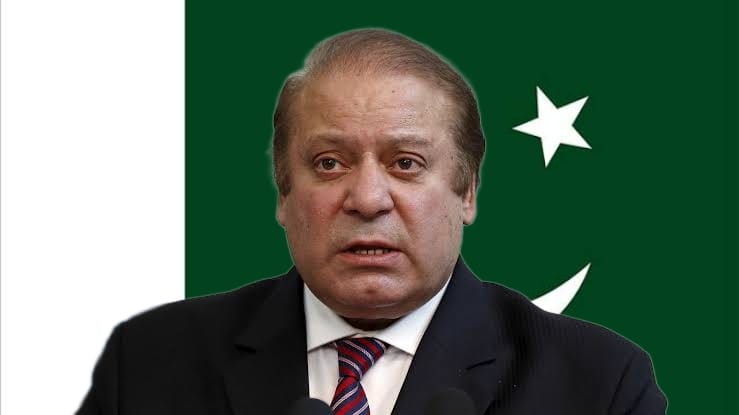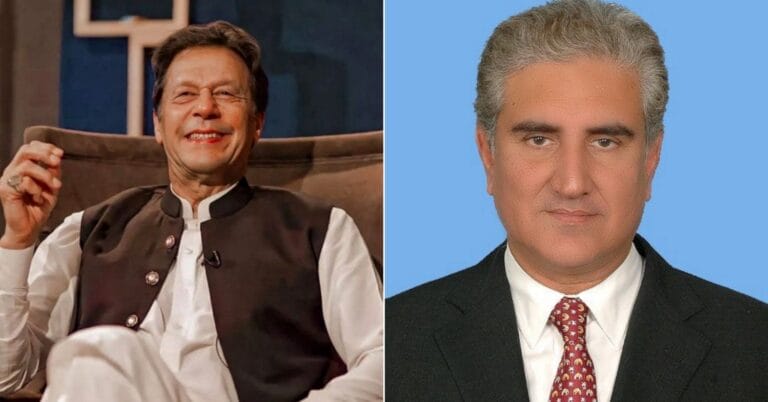Nawaz Sharif’s Protective Bail: Implications and Legal Controversies

The Islamabad High Court’s recent decision to grant protective bail to PMLN leader Nawaz Sharif in the Avenfield and Al-Azizia cases until October 24 has generated significant interest and controversy in Pakistan’s legal and political landscape.
This development comes ahead of Nawaz Sharif’s anticipated return to Pakistan after almost four years of self-imposed exile. In this article, we will delve into the legal implications and broader controversies surrounding this decision.
The Avenfield and Al-Azizia Cases
Nawaz Sharif faced legal challenges in the Avenfield and Al-Azizia cases, stemming from his alleged involvement in corruption and financial irregularities.
In the Avenfield case, Nawaz Sharif was sentenced to ten years in jail in July 2018 for owning assets beyond his known income, in addition to a one-year sentence for non-cooperation with the National Accountability Bureau (NAB). His daughter, Maryam Nawaz, was also sentenced to seven years but was later acquitted in September 2022, along with her husband, Captain Safdar.
The Al-Azizia case resulted in a seven-year jail sentence, fines of Rs1.5 billion, and US$25 million. After being released in March 2019, Nawaz Sharif left for London in November 2019 following the Lahore High Court’s permission. However, the Islamabad High Court declared him a proclaimed offender in both cases in December 2020.
Legal Proceedings and Protective Bail
The recent decision by the Islamabad High Court to grant Nawaz Sharif protective bail raises questions about the state of the rule of law in Pakistan.
Protective bail, while technically within the court’s purview, is an extraordinary measure rarely extended to ordinary convicts or accused individuals. This selective application of legal remedies based on political alignment raises concerns about justice and equality before the law in Pakistan.
The Perception of Judicial Impartiality
Critics argue that the judiciary in Pakistan appears to be influenced by political interests, leading to disparities in how legal remedies are applied.
They point to the case of Nawaz Sharif as an example of the judiciary’s shifting stance based on apparent alignment with powerful entities. Such inconsistencies erode public trust in the legal system and undermine the principle of justice not only being fair but also appearing to be so.
Impact on Public Trust
To rebuild public trust and uphold the rule of law, Pakistan’s legal system must ensure the equal application of the law, regardless of political influences. Ensuring that judges remain impartial and their decisions do not raise doubts about their neutrality is crucial.
The disparities in legal remedies for individuals with different political alignments harm the credibility of the judiciary and further weaken the rule of law in Pakistan.
Suspension of Arrest Warrants
In a separate development, the Islamabad accountability court suspended the perpetual arrest warrants issued against Nawaz Sharif in the Toshakhana case, which involved alleged receipt of luxury vehicles and gifts from the Toshakhana department.
This case also implicates former president Asif Ali Zardari and ex-prime minister Yousuf Raza Gilani. The suspension of arrest warrants allows Nawaz Sharif to appear before the court and address the charges.
Nawaz Sharif’s Return and Legal Process
Nawaz Sharif’s return to Pakistan is significant, and his legal battles are far from over. While the protective bail and suspension of arrest warrants offer him some respite, he still faces legal challenges and the need to address the charges against him. The legal process will continue, and it remains to be seen how these developments will impact Pakistan’s political landscape.
Conclusion
The Islamabad High Court’s decision to grant protective bail to Nawaz Sharif has sparked legal controversies and debates over the perception of justice and judicial impartiality in Pakistan.
The selective application of legal remedies based on political alignment raises concerns about the rule of law in the country. As Nawaz Sharif returns to Pakistan, the legal process will continue to unfold, and its impact on the political landscape will be closely watched.
Restoring public trust in the legal system and upholding the principles of justice and fairness remain critical challenges for Pakistan’s judiciary.






